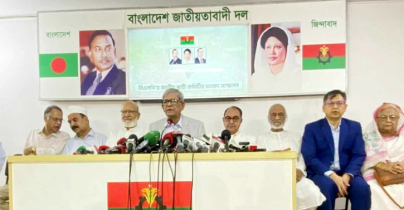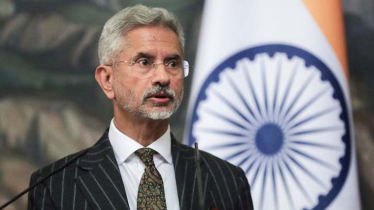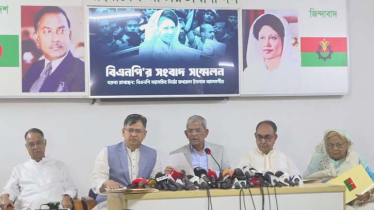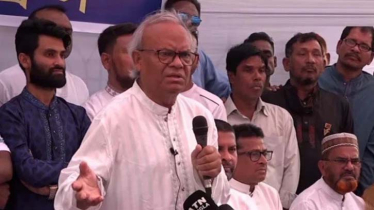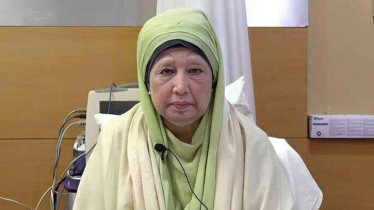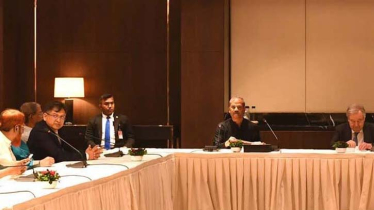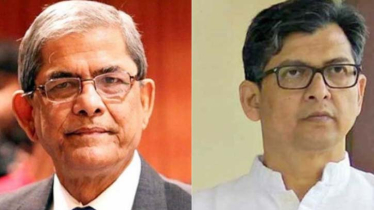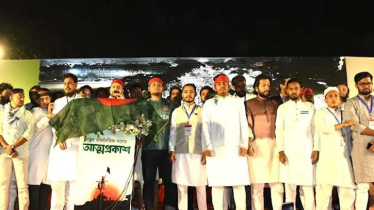
Photo: Messenger
The ruling Awami League (AL) is now actively focusing on strengthening diplomatic ties with the Western countries following the recently held January 7 parliamentary polls, during which the party has secured a remarkable fourth consecutive term under the leadership of President Sheikh Hasina.
Despite continuous efforts by its arch-rival BNP (Bangladesh Nationalist Party), AL's resounding victory has firmly established its position within the government.
With an eye on the economic challenges ahead, AL is placing significant emphasis on bolstering international alliances and strengthening diplomatic ties, especially with influential nations such as the United States, the United Kingdom, the United Nations, and the European Union (EU). Bangladesh's strategic geographical location has already earned it a reputable place on the global stage.
Insiders from the party reveal that the primary challenge faced by the newly inaugurated Sheikh Hasina government is economic, heavily reliant on foreign nations, particularly Western countries. Key sectors, including the Ready-Made Garments (RMG) industry, are intricately linked with Western markets. Failing to enhance diplomatic relations with these countries could pose potential challenges for Bangladesh, necessitating a strategic focus on strengthening ties with the West, insiders suggest.
In a significant reshuffle, the AL-led government has revamped its cabinet and appointed Dr. Hasan Mahmud, the party's joint general secretary, as the new foreign minister. This move aims to bring about a qualitative transformation within the ministry, acknowledging its pivotal role, especially in the current global landscape. The changes in the foreign ministry are perceived as crucial in addressing foreign pressures, particularly in light of the United States threatening sanctions if the parliamentary elections are not conducted in a free and fair manner.
Foreign Minister Dr. Hasan Mahmud, when contacted, expressed confidence in Bangladesh's trajectory towards prosperity and development under Prime Minister Sheikh Hasina's astute leadership.
"Insha Allah, by overcoming all challenges, we will propel the nation forward and enhance its global standing. We are committed to fostering stronger relations with both the East and the West, promoting further development," he affirmed.
Hasan Mahmud also expressed, "The foundational principle of our foreign policy is friendship to all, malice towards none. It is through this approach that we seek to forge stronger bonds with everyone."
In a statement to this correspondent, AL International Affairs Secretary Shammi Ahmed said, "Our Prime Minister, Sheikh Hasina, has already implemented significant changes in her cabinet, particularly within the foreign ministry. It is evident that our government is prioritising the enhancement of relations with influential nations."
Continuing, she expressed optimism, stating, "I trust that the newly appointed Foreign Minister will exert maximum effort to fortify diplomatic ties with our valued development partners."
Dr. Amena Mohsin, a professor of International Relations at Dhaka University, told The Daily Messenger that the primary challenge confronting the new government is economic. Therefore, she suggested that the government should bolster its relations with both eastern and western countries.
"In a globalised world with multiple players, it is imperative to strengthen ties with all nations, rather than limiting engagement to specific countries. This approach is crucial for overcoming the current economic recession faced by Bangladesh," Dr. Mohsin said.
Meanwhile, AL-led government held the 12th parliamentary elections unilaterally, as the main opposition party (BNP), chose to boycott the polls due to the government's refusal to their demand for conducting the elections under neutral administrative management.
Notably, both the United Nations and the United States had recommended the AL government to conduct the 12th parliamentary polls with the participation of all political parties, including the main opposition, BNP.
However, the government proceeded with the unilateral decision to hold the elections, raising concerns about the potential imposition of sanctions on Bangladesh by Western nations.
This development adds a layer of complexity to the government's current diplomatic focus on strengthening ties with the West, as the manner in which the elections were conducted may influence the international response towards Bangladesh.
Messenger/Disha

